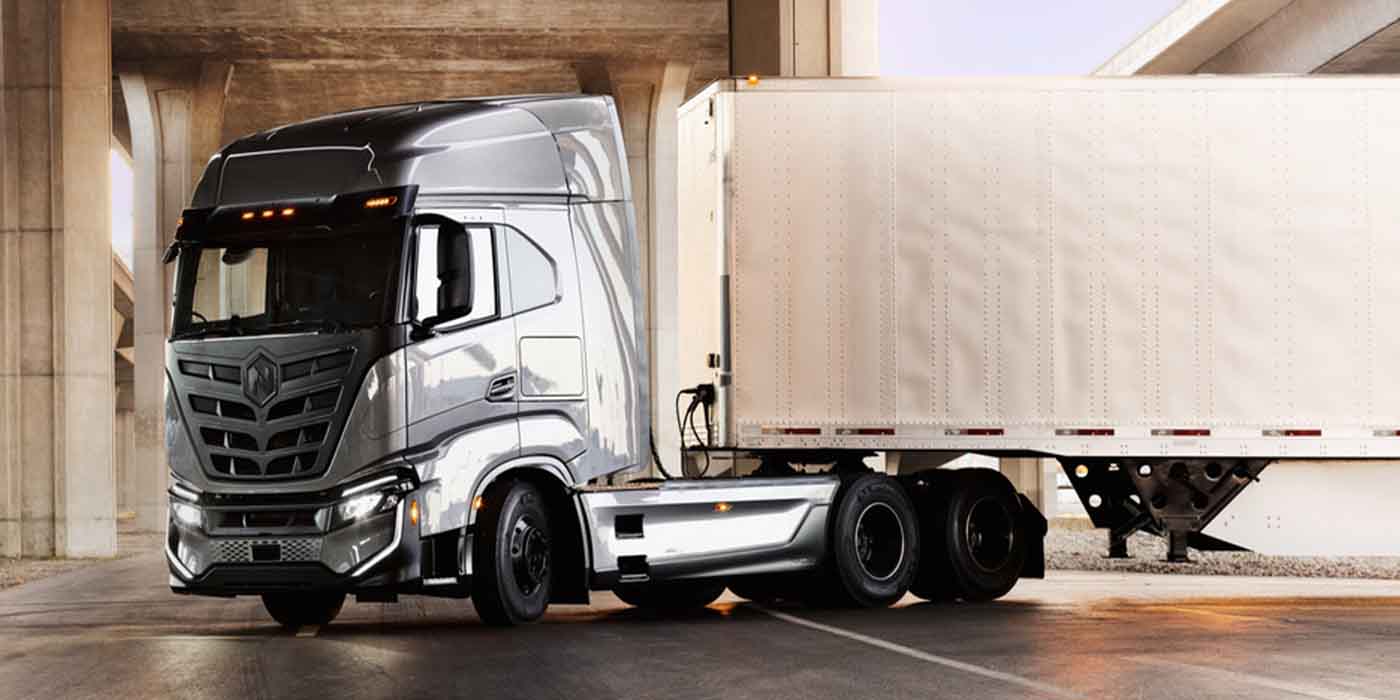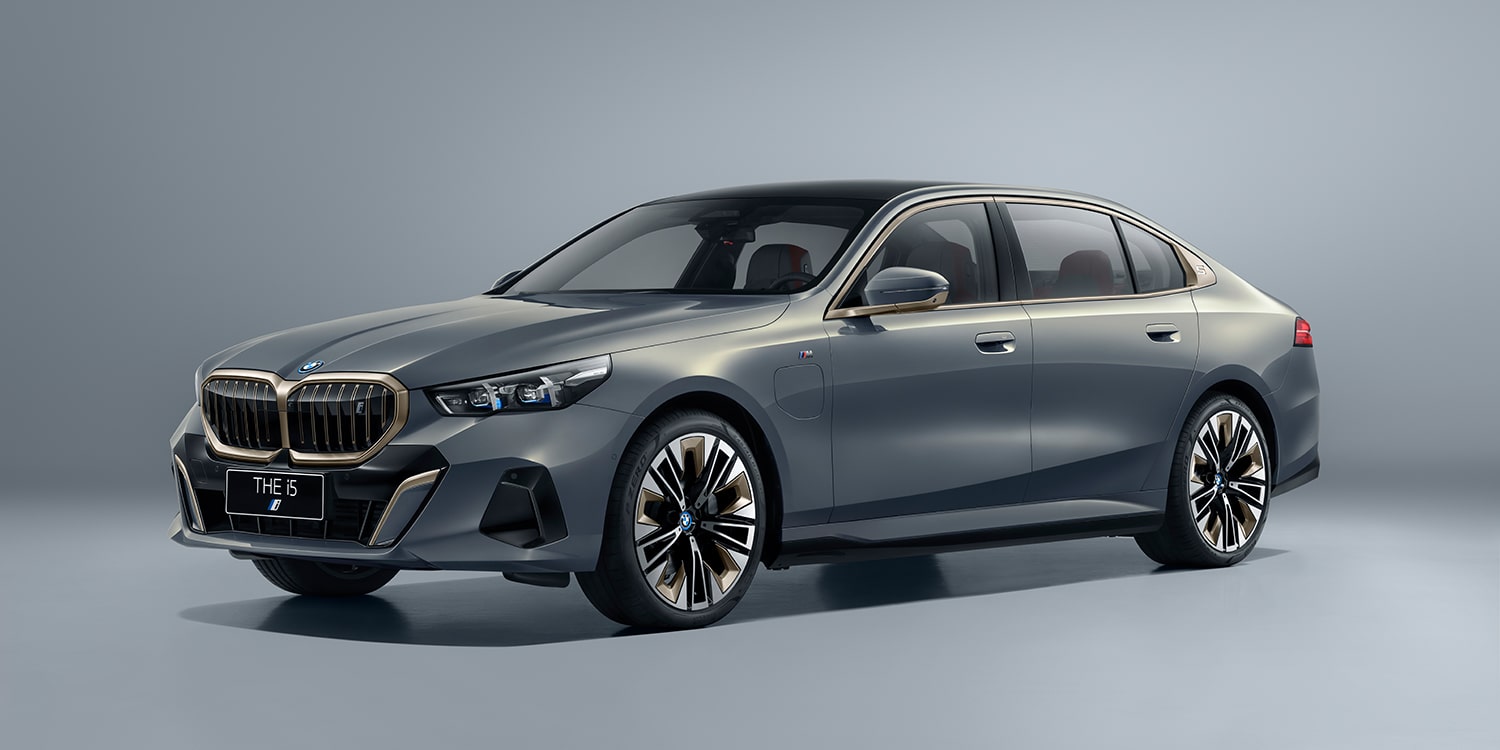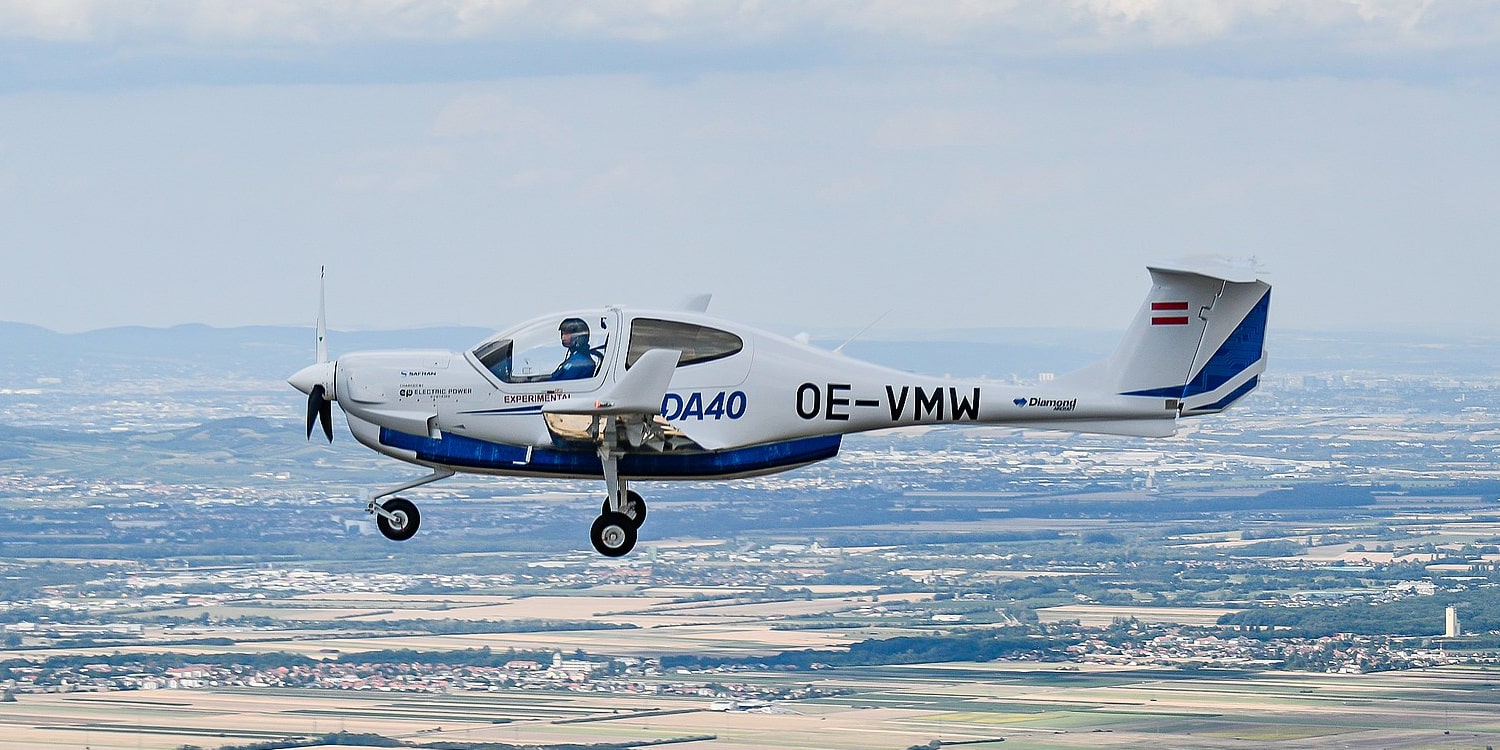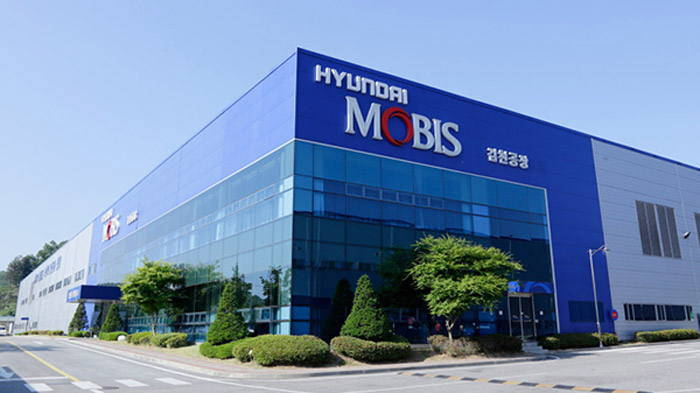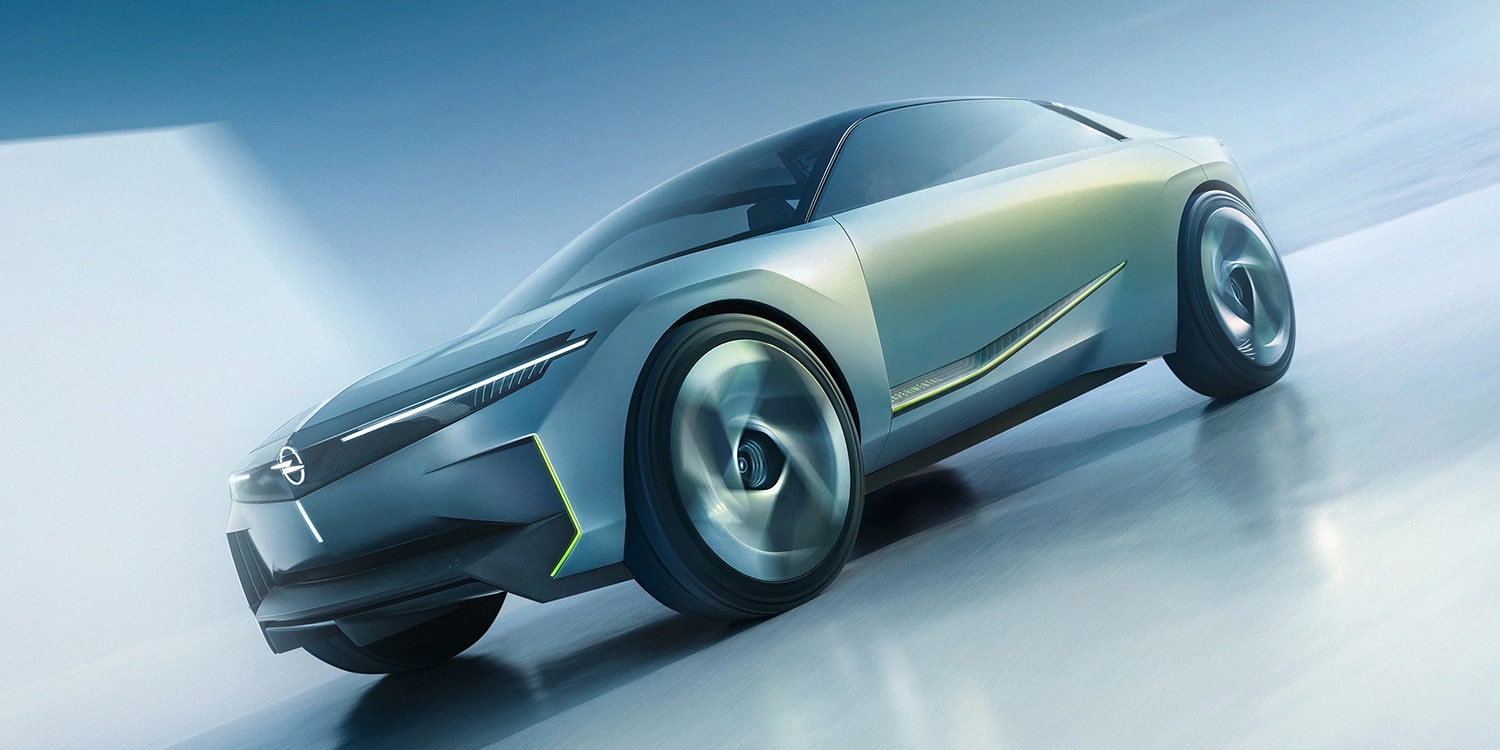Nikola Corporation, the innovative electric and hydrogen truck manufacturer, has shared updates on its recent developments, showcasing both advancements and challenges in its pursuit of sustainable transportation solutions.
During the second quarter of 2023, Nikola’s all-electric Class 8 truck model, the Nikola Tre, demonstrated moderate progress. Wholesale figures showed 45 units sold, complemented by 66 retail deliveries. However, production saw a decline, with only 33 units manufactured – a decrease from the 63 units in the previous quarter and 50 units in the same period last year. This production slowdown was attributed to a temporary pause in production operations.
The company is strategically focusing on enhancing battery pack production capabilities. Plans are underway to establish an in-house battery production line in Coolidge, Arizona, following the discontinuation of battery production operations from the acquired Romeo Power in 2022. A company spokesperson stated, “Progress also continued on the battery pack line installation in Coolidge. When we resume battery-electric truck production, the battery packs utilized will be built at our facility in Coolidge.”
See also: The Nikola Hydrogen Fuel Cell Electric Truck with 500-Mile Range Enters Official Production
In a significant development, the hydrogen fuel cell variant of the Nikola Tre, known as the FCEV, has commenced series production as of July 31, 2023. The first customer deliveries are anticipated in September. Impressively, Nikola reported receiving orders from 18 customers, totaling over 200 units of the hydrogen fuel cell electric truck.
While this initial response bodes well for the hydrogen version of the Class 8 truck, the current production capacity of 2,400 trucks per year at the facility necessitates a sustained influx of orders. To further support production, Nikola aims to finalize the battery pack production line and the fuel cell power module assembly line by the fourth quarter of 2023. This shift to in-house produced systems will replace components supplied by Bosch.
Nikola acknowledges the crucial role of a robust hydrogen refueling infrastructure for its trucks. The company has embarked on the development of eight hydrogen refueling stations, with the first expected to be operational in Ontario, California by the end of 2023. Additionally, nine mobile hydrogen fuelers are slated for deployment at various locations in California by the same time frame.
In a strategic move, Fortescue Future Industries (FFI) has acquired Nikola’s Phoenix Hydrogen Hub project in Buckeye, Arizona, allowing Nikola to allocate its capital resources more efficiently. This hub is envisioned as a high-volume hydrogen production site.
See also: Nikola Secures Shareholder Support for Proposal to Increase Share Issuance
As Nikola forges ahead, the readiness of the hydrogen refueling infrastructure will play a pivotal role in determining the success of its vehicles’ promised capabilities – a range of up to 500 miles (over 800 km) and a swift fueling time of approximately 20 minutes.
Financially, the company reported revenues exceeding $15.3 million for Q2, a decrease from $18.1 million in the same period a year ago. The net loss for the quarter amounted to nearly $218 million, compared to a net loss of $173 million during the corresponding period last year. These figures reflect the challenges and investments associated with Nikola’s ambitious plans in the rapidly evolving electric and hydrogen truck market.

